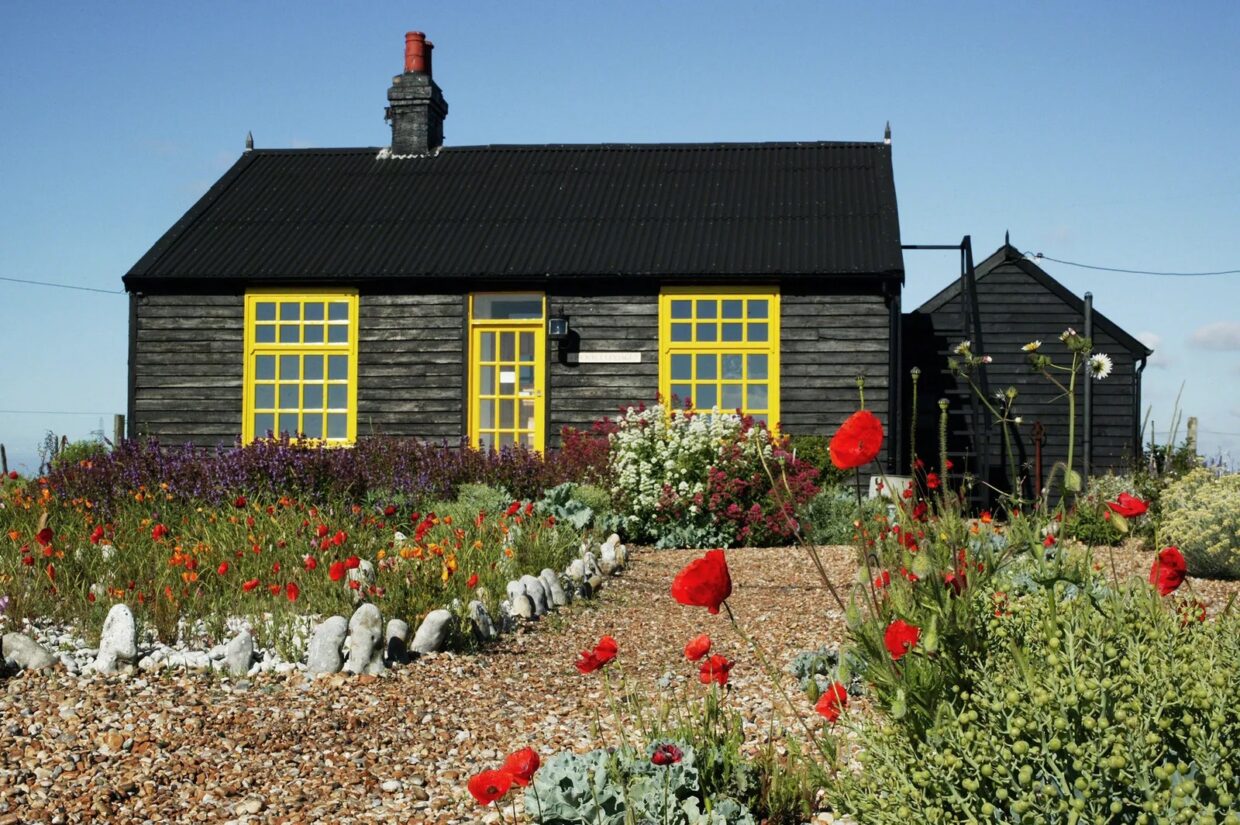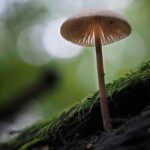Meet the writers who garden against time.
Olivia Laing’s new essay collection, The Garden Against Time: In Search of a Common Paradise, takes a deep look at the garden as enclave, rebel outpost, and a site for exploring “communal dreams.” Essays in the book consider the benefits of practicing nurture. What can gardening teach us about communal living and radical care?
To explore this question, Laing’s book engages a long list of antecedents. And though there are of course, too many writer/gardener/thinkers to do justice to here, certain modern authors have made a green thumb central to their artistic projects.
Here’s just a few of the greats, and the little patches of earth they tend(ed).
Virginia Woolf, Monk’s House
According to the National Trust, “a visit to the bountiful garden at Monk’s House persuaded Virginia that her heart lay in Rodmell.”
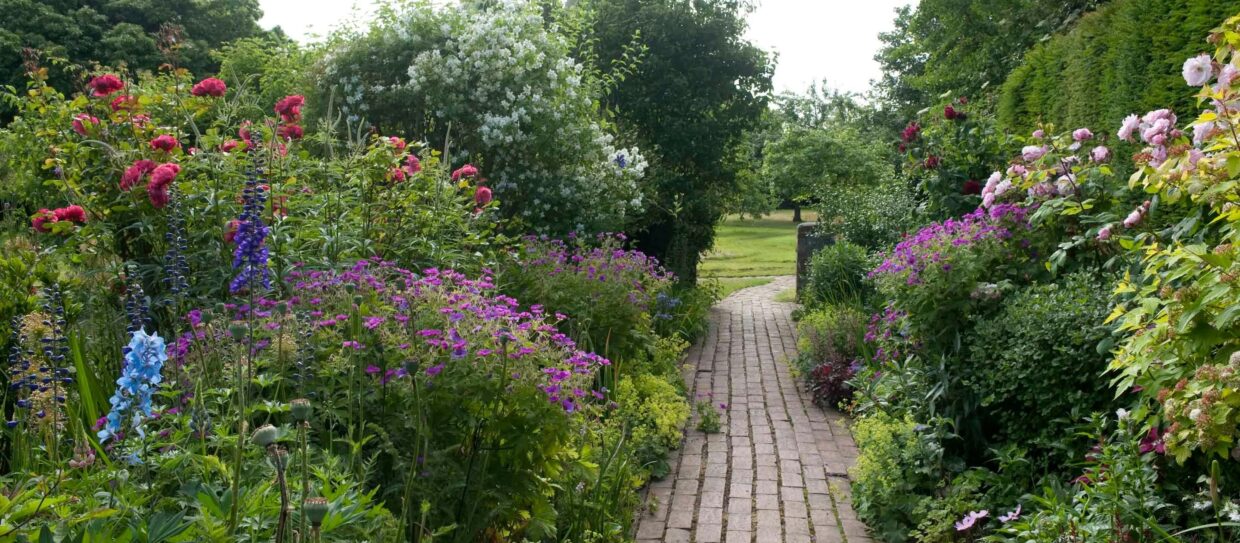 The garden at Monk’s House. Via National Trust Images/Caroline Arber.
The garden at Monk’s House. Via National Trust Images/Caroline Arber.
Virginia and Leonard bought the Sussex Downs getaway for a song at 700 pounds, and on leaving London, Woolf promptly turned her eye to carving out a room of her own on the expansive property. (Perhaps you’ve heard of it.)
And though it’s true Leonard may have been the the real steward of the garden, Woolf was a keen observer of the “ornamental beds…and enviable vegetable patch.” The orchard inspired one of her best-beloved shorts, “In The Orchard.”
Jamaica Kincaid, @virtuouspomona
Jamaica Kincaid is another author who has devoted a lot of time both to gardening and examining the garden’s ethical possibilities. In May, she published An Encyclopedia of Gardening for Colored Children in collaboration with the artist Kara Walker. And in 2001’s My Garden Book, she chronicled her own love of plants.
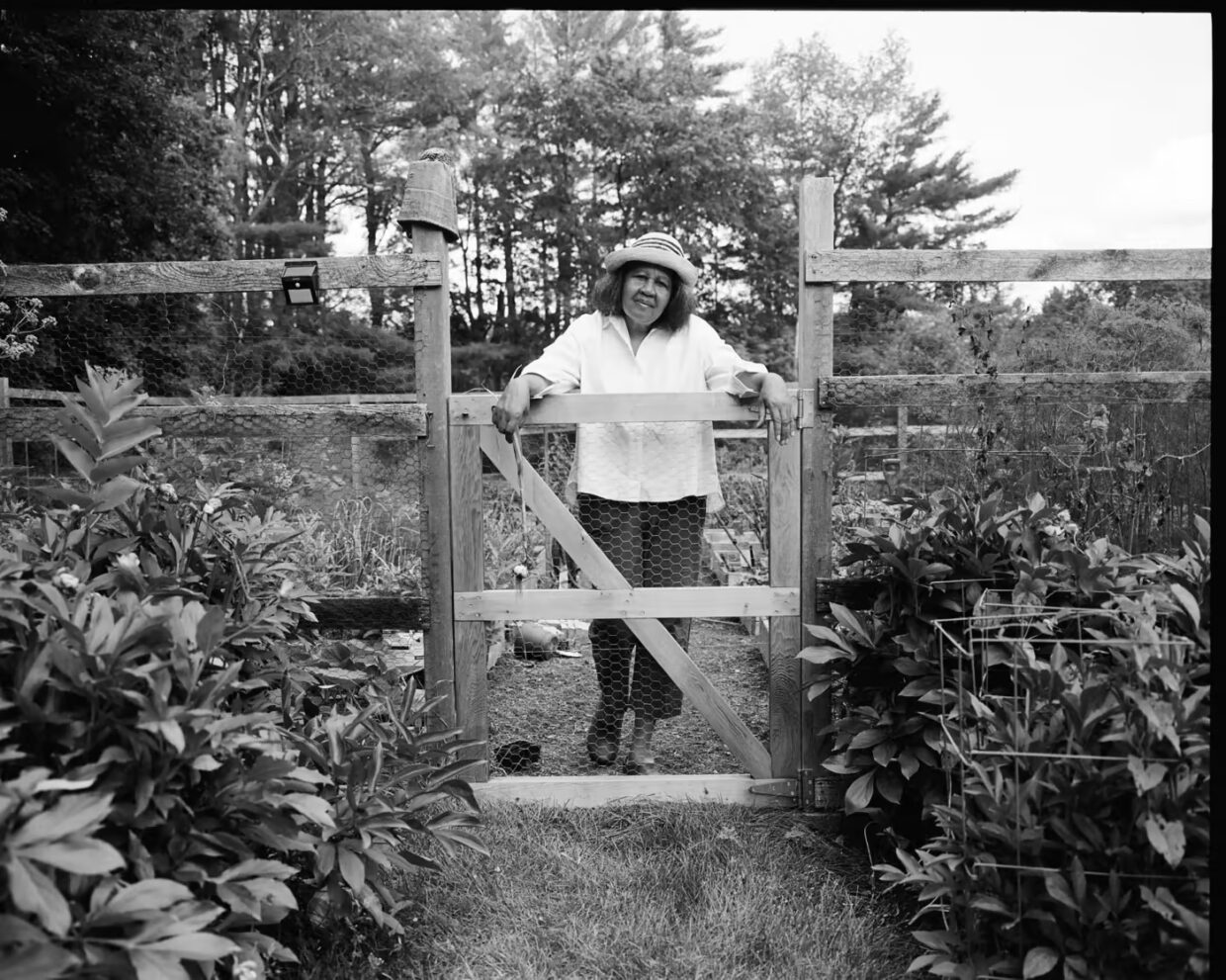 Jamaica Kincaid in her garden in Vermont. Via Financial Times/Miranda Barnes.
Jamaica Kincaid in her garden in Vermont. Via Financial Times/Miranda Barnes.
Like Laing, her garden writing tends to engage social questions. Like, when does the urge to tend become the urge to possess? Is taming plants necessarily an act of conquest?
Ross Gay, Bloomington Community Orchard
The art of nurture is central to Ross Gay’s worldview. The poet, author, and teacher has been vocal about his interest in both food justice and gardening for years. As a founding board member of the Bloomington Community Orchard, he practices those politics. But he preaches them in his lyric essay collections, The Book of Delights and The Book of (More) Delights.
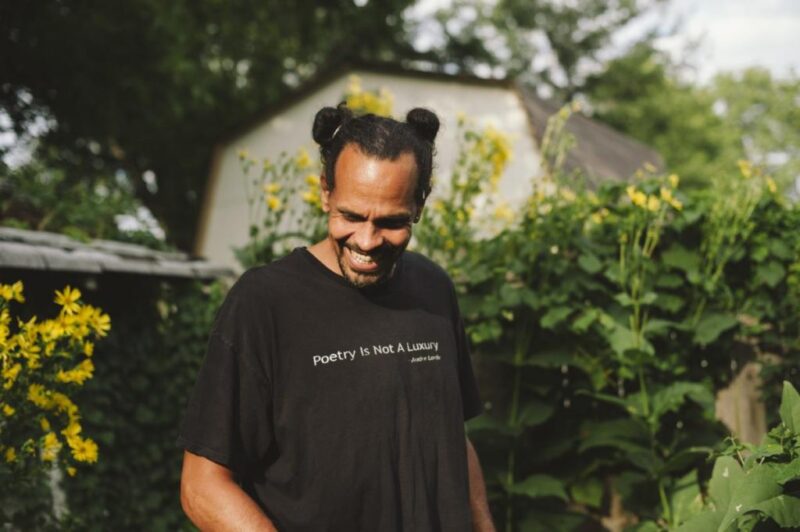 Ross Gay. Via PBS/Cultivating Place.
Ross Gay. Via PBS/Cultivating Place.
The praise notes in his collections look lovingly at the polyculture in his own backyard. But Gay has often framed earth tending as an act of profound hope in the face of tragedy.
Consider his gut-punch of a poem, “A Small, Needful Fact.”
Derek Jarman, Prospect Cottage
The late filmmaker Derek Jarman is a heavily cited influence on The Garden Against Time. And elsewhere, Laing has sung the praises of Jarman’s own gardening memoir, Modern Nature.
Jarman’s paradise was an intentionally unfenced playground where the polymath could marry sculpture with his love for growing things. He died in 1993, but his Dungeness oasis has since been made a national site. Fans make pilgrimage to Prospect Cottage to see how the great director “conceived an art out of nothing.”
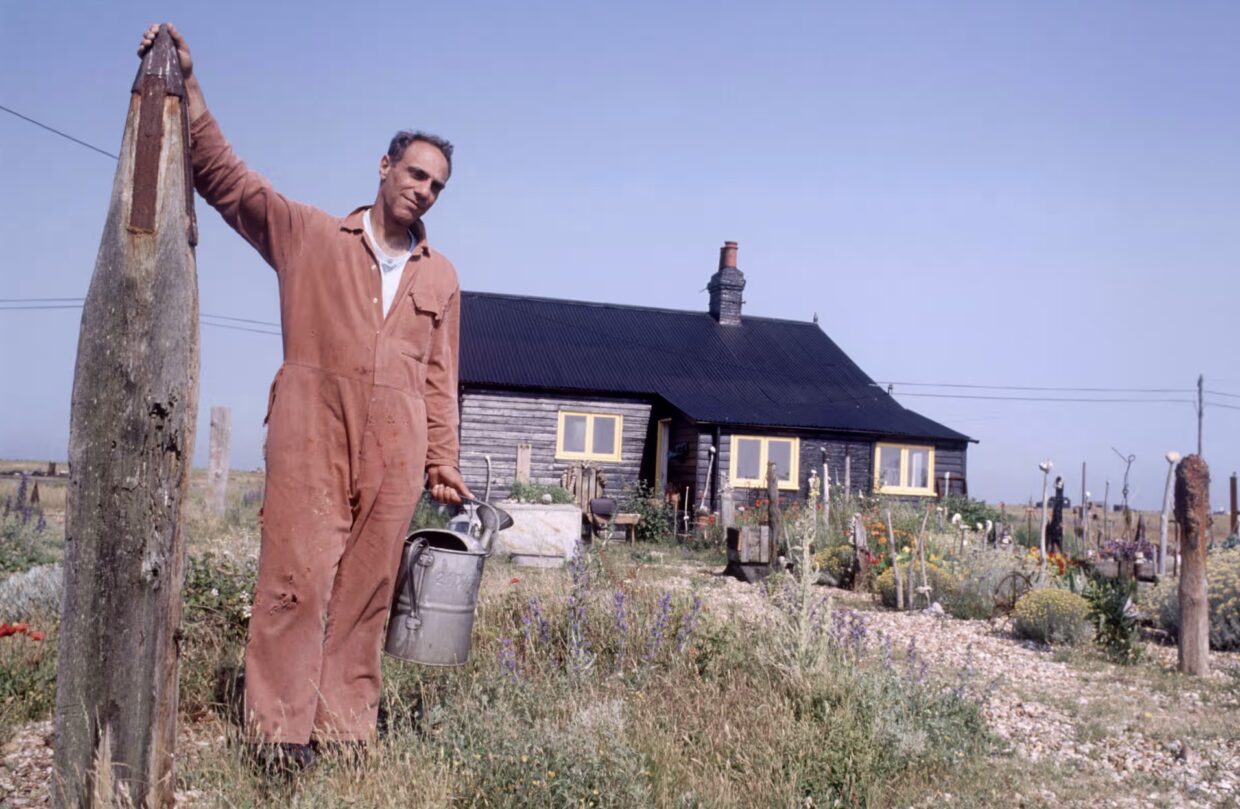 Derek Jarman at Prospect Cottage, Dungeness. Via The Guardian/Geraint Lewis/Rex Shutterstock.
Derek Jarman at Prospect Cottage, Dungeness. Via The Guardian/Geraint Lewis/Rex Shutterstock.
The fact that the garden still stands open to the public is a fitting tribute. As Jarman’s friend Howard Sooley reflected in The Observer, “Those days in the garden at Prospect Cottage, with time suspended or off elsewhere bothering someone else, were as rich as days can be. Digging in the shingle, scattering seeds, cutting back the santolinas, breathing in the heavy scent of the sea kale. I can’t think of a better use for my senses and soul.”


